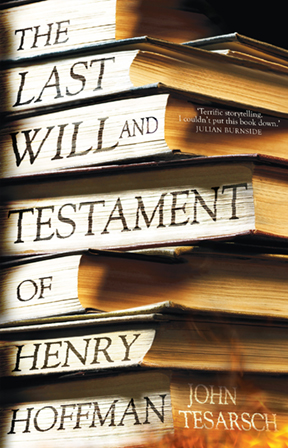Turn on ESPN, put on your jersey, and stock with fridge with a cold beverage…the College Football Playoff National Championship is this Monday, January 13, 2020. (The game kicks off at 8 p.m.) While reading up on the stats and predictions for a tiger showdown between the LSU Tigers and Clemson Tigers in New Orleans’ Mercedes-Benz Superdome, I couldn’t help but make a connection with estate planning. Goalposts to estate planning goals may seem like a stretch, but hear me out.
Football is a complex game—the field is full of moving parts and competing strategies; it’s a game of inches where just a few missteps or right moves can make a huge difference. Estate planning works the same way. Here are just five of the surprising similarities between estate planning and the game of football:
1. Your Clock Will Indeed Run Out
Just like every football season eventually comes to an end, your (hopefully long and healthy) season will also come to a close. When it does, you need a special kind of playbook for the rest of your team…AKA an estate plan. In this analogy, an experienced lawyer is a great coach who is going to help you put plans in place for when the game changes unexpectedly or the stadium lights turn off for the last time. And, just like so much can change over the course of a season, a lot will happen over the course of your lifetime. That’s where annual reviews and revisions after significant events fit in.
While it is often difficult for people to ponder their unavoidable exit off their own fictitious field, preparation for what happens after your season is over can be one of the most comforting aspects of financial and legal planning.
2. The Main Players
Let’s take this analogy a bit further and put some estate planning terms into football speak.
Estate – An estate is a whole playbook, containing the following documents: your will; health care power of attorney; financial power of attorney; disposition of personal property; and final disposition of remains. (Click on the link preview below to delve deeper.)
Will – A will deals primarily with the distribution of assets and care for minor children. You need to make certain the will is well-drafted, solid, and can stand up in court. Keep in mind though, important assets such as life insurance policy payouts, retirement assets, and investment accounts may well contain beneficiary designations that trump your will.
Trust – You have lots of different options with this player. A trust can dictate how your assets will be dispersed, the timeline and manner in which they are dispersed, and who’s overseeing the process.
3. You Must Make Mid-Season Starting Lineup Adjustments
Just as a coach may switch up who’s starting partway through the season, you may need to make adjustments to your estate plan as things inevitably change over the course of your life. Big events like marriage, birth of a child/grandchild, moving to a different state, a large change in financial status, divorce, and other significant changes are a good reason to review your “playbook.”
4. No ‘I’ in Team
Your loved ones and close friends are all a part of your team; part of being a strong team player is including them on the plays you’re making. Discuss important aspects of your estate plan with the people it involves to avoid any confusion or conflict when it comes times for them to carry out your wishes. For instance, if you have minor children (under age 18) you’re going to want to establish legal guardianship if the worst happens and you’re no longer around to care for them. You’ll want to discuss with your chosen guardians ahead of time to make sure they’re willing and available to carry out the responsibility.
5. Final Score

There are probably at least a few more good football analogies I could tie into the conversation of why you need an estate plan, but the most important takeaway is that you never know when the game is going to change. So, you need to have your “playbook” written out ASAP. The best place to start is with my free, no-obligation Estate Plan Questionnaire. You can also shoot me an email or give me a call at 515-371-6077 to discuss your situation (or football).























